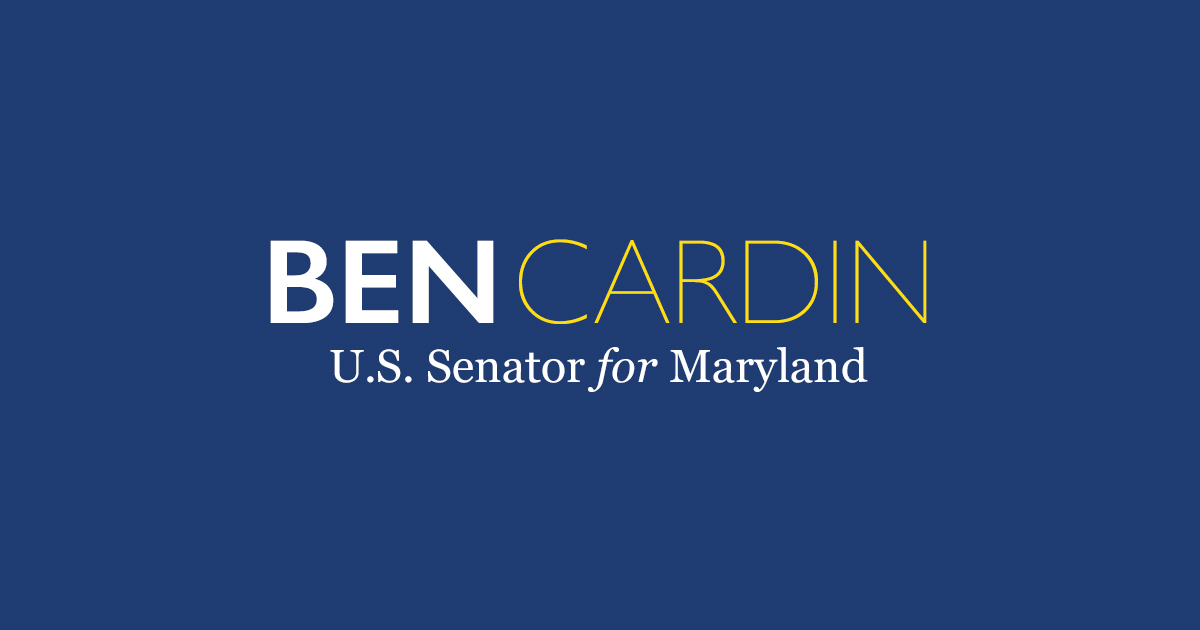Source: United States Senator for Maryland Ben Cardin
WASHINGTON – U.S. Senators Ben Cardin and Chris Van Hollen and Congressmen Steny H. Hoyer and Anthony G. Brown (all D-Md.) today announced $9,899,758 in American Rescue Plan funding for Bowie State University to improve COVID-19 data collection and boost participation of underrepresented communities in the public health workforce through the Public Health Information and Technology (PHIT) Workforce program.
This funding comes from the Department of Health and Human Services (HHS), through the American Rescue Plan, and will help Bowie State University recruit and train participants, get paid internships and placement into public health agencies for those participants to enter and diversify the PHIT workforce. The PHIT Workforce program specifically sought to award funds for Historically Black Colleges and Universities and other Minority Serving Institutions to hire public health workers from the hardest-hit and highest-risk communities the institutions serve.
“The COVID-19 pandemic has exacerbated the systemic health inequities in our country. We have seen large gaps in public health reporting especially around race and ethnicity data, bolstering the need for a public health workforce representative of its community,” the lawmakers said. “The best way to ensure that we are equipped for the next public health emergency is to increase skilled training and to diversify our future workforce to truly reflect those they are serving in the health care system.”
The lawmakers previously called on the state of Maryland to release complete COVID-19 demographic data on race and ethnicity, broken down by zip code, to ensure Maryland’s response targets towards those most heavily impacted.
The PHIT Workforce Program aims to train more than 4,000 individuals over a four-year period through an interdisciplinary approach in public health informatics and technology. Under the $80 million PHIT Workforce Program, ONC will award up to $75 million to cooperative agreement recipients and use the remaining $5 million to support the program’s overall administration. Award recipients will need to ensure their training, certificate, degree, and placement programs are sustainable to create a continuous pipeline of diverse public health information technology professionals.
###
